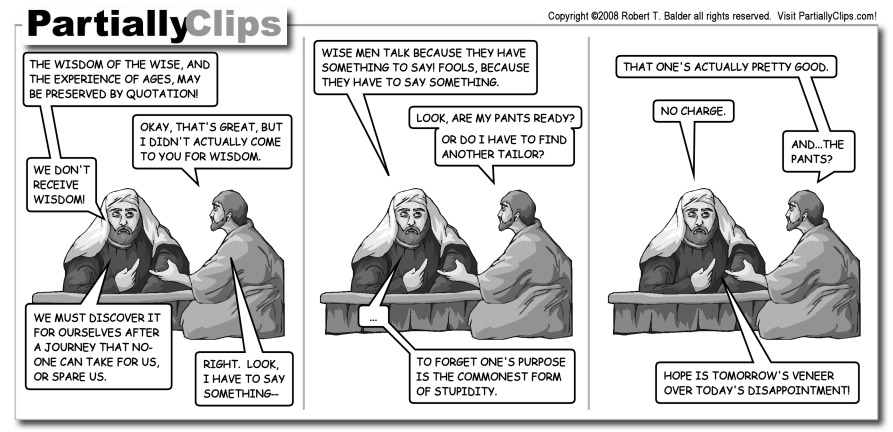The phonetics of uptalk
In my post "Uptalk anxiety", 9/7/2008, I tried to comfort an American parent who was worried about a daughter's use of rising pitch accents on statements. As part of the recommended cognitive therapy, I observed that there are regional varieties of English, known as "Urban North British", in which rising pitch accents on statements are more common than not.
But Bob Ladd, who ought to know, commented that "It's important not to confuse the rises in Belfast, Glasgow, etc. with uptalk. They're phonetically and functionally very different."
I responded that "There's no question at all that they're *functionally* different. In terms of sound, though, I think that the issue is less clear." I asked Bob whether he thinks that the pitch contours are systematically different, and in particular whether he could "tell the difference, on short phrases whose F0 and amplitude contour was used to modulate a non-speech oscillator, in the mode of the example e.g. here?"
Bob answered: "If you make some examples, we can do the experiment, but the short answer is that I think I could as long as there is a "tail", i.e. unstressed syllables after the nucleus (last main stress) – in the sound example I posted, there are two postnuclear syllables, -mond and mine. The main phonetic difference between classic North American / Antipodean uptalk and the "Urban North British" statement rises is that the latter rise at the nuclear syllable and then level out or trail off, whereas in uptalk the pitch just keeps on rising."
We're not ready to do the experiment yet, but I can offer some evidence-based suggestions about how it's likely to turn out.
Read the rest of this entry »




